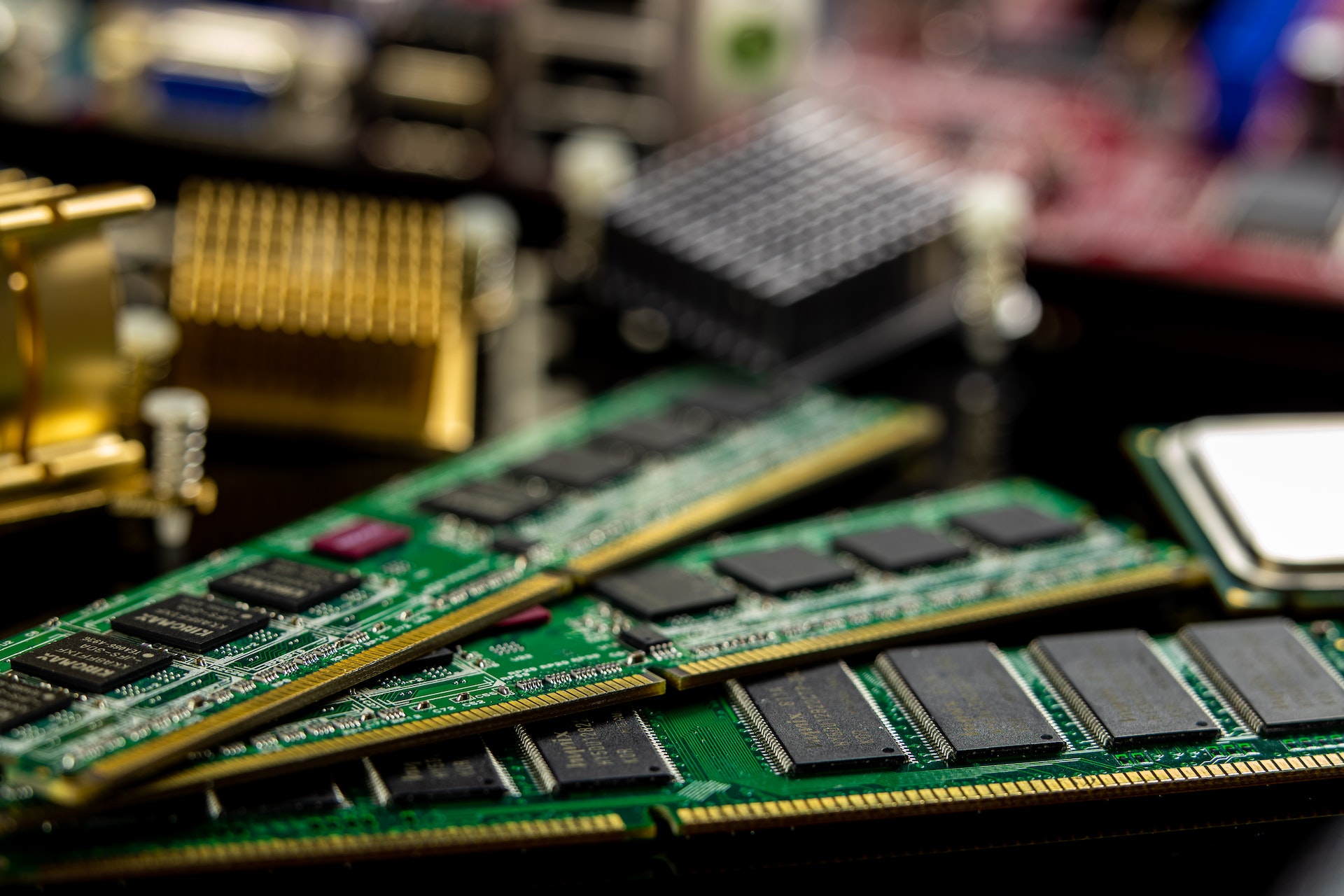Share This Article
Japan’s investments in semiconductor manufacturing to reach US$7 billion
After peaking in 2020-2021, the semiconductor market has declined gradually in growth rates. The demand for chip devices is falling, as evidenced by the sales of such giants as Samsung and Apple. However, despite the slowdown, there is still an acute shortage problem in the world, which the governments of different countries are trying to solve. While the U.S. and Europe are subsidizing companies to boost production, Japan’s investments will be the largest in the world. The Japanese government plans to allocate US$7 billion to chip manufacturing in 2024.
With this step, Japan wants to strengthen its position in the semiconductor sector. In addition, the U.S. sanctions against China have led to a reduction in exports of local products. Therefore, Japanese authorities want to support manufacturers. Investments will be used to upgrade equipment for chip production and plant expansion. Experts note that the volume of investments in the sector in 2024 will exceed the funds allocated in the current period by 82%. In addition, the amount of Japanese investments exceeds the total cost of semiconductor production in Europe and the Middle East.

New state strategy
In April, state authorities said they wanted to increase chip sales by the end of the decade significantly. According to the new strategy, Japan’s semiconductor market should reach US$113 billion by 2030, three times the current production figures. This is how Japan wants to regain its leading position in the global sector. Whereas in the 1980s, the country’s share was 30%, now it has dropped to 10% and is at US$37.5 billion. To achieve its goals, the Japanese government estimated total investment in semiconductor manufacturing at more than US$82 billion.
It should be noted that the market development strategy was presented in 2021. However, changes in the world and the restructuring of global chains due to sanctions imposed against China forced the Japanese government to reconsider its vision for developing the sector. The country intends to increase local chip production, and the first steps have already been taken.
For example, several major corporations, including Sony, Softbank, Toyota, and others, have established a joint company Rapidus, which produces semiconductor products. To support it, the government intends to allocate US$520 million. The mass production of chips here is expected to begin in 2027. In addition, Japanese authorities are subsidizing other enterprises in the country, including factories of Taiwan’s TSMC Corporation and local Kioxia. The government is also developing programs to attract foreign investors to the semiconductor sector.

